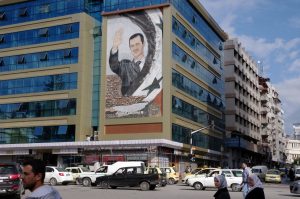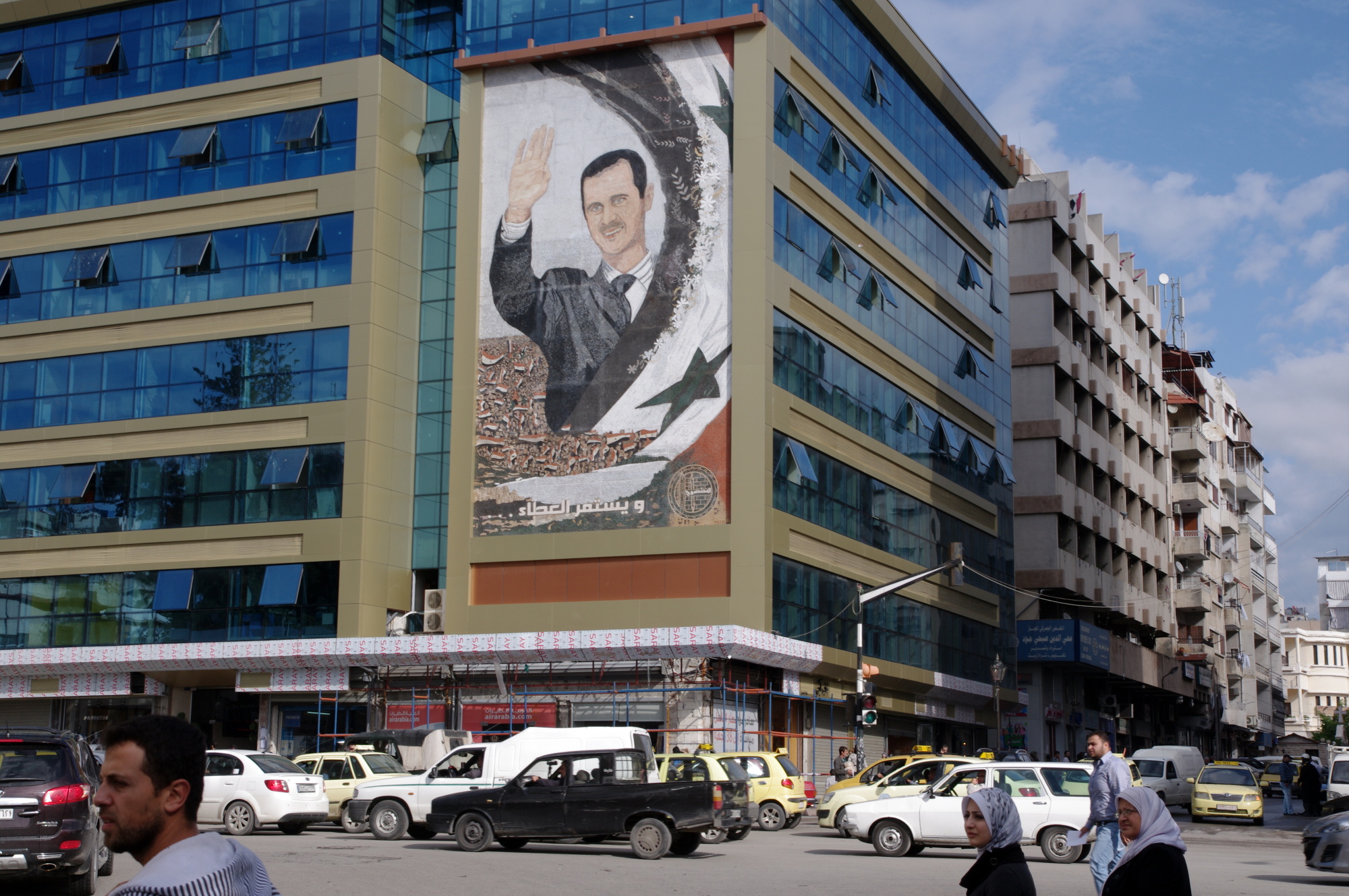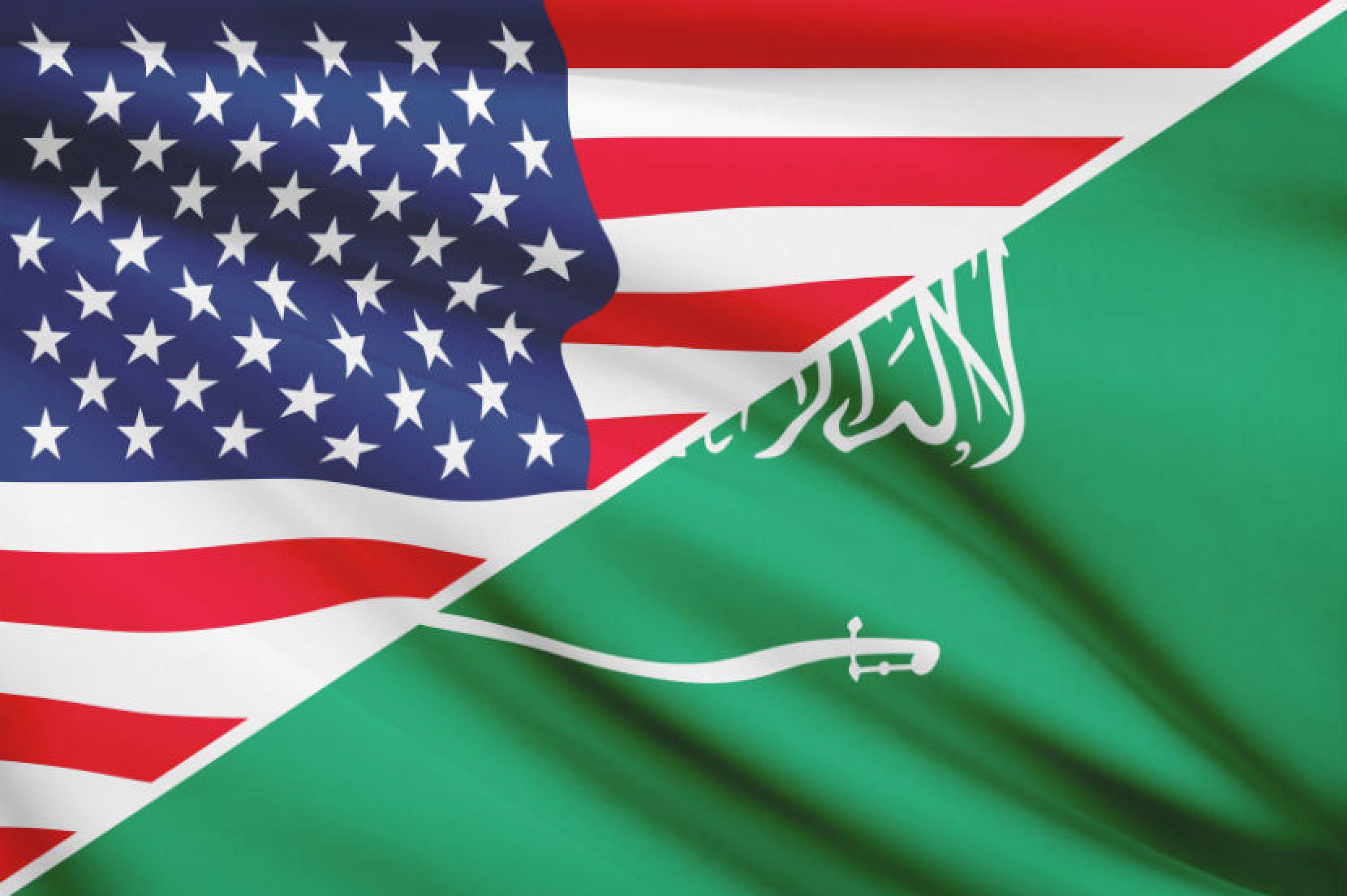By: Shuchi Goyal

Like a spiral of dominos succumbing to gravity, political regimes toppled one after the other in the Middle East in 2011 following the eruption of the Arab Spring. As civilian-led coups ousted governments first in Tunisia, then in Egypt, and then in Libya, the international community waited with bated breath to see which political leader would face his downfall next. For many people, the bet was on Bashar al-Assad, who was then in his 11th year of power as president of the Syrian Arab Republic and facing mass demonstrations of dissent in his country.
Three years later, however, Assad’s administration, though somewhat shaken, remains intact in Syria. During this time, western news media have reported numerous human rights violations carried out on Assad’s orders, focusing in particular on the allegedly brutal methods used to suppress protesters. Yet, in spite of these accusations, Assad has outlasted many of his Middle Eastern counterparts, a feat that no one, least of all the population in the Arab Peninsula, had anticipated when he came to power in 2000. Libya’s Muammar Gaddafi and Egypt’s Hosni Mubarak had maintained control of power in their countries for 42 years and 30 years respectively before their deposals in 2011. Both governments crumbled quickly, demonstrating the vulnerability of even long-established regimes. It seems counterintuitive, therefore, that Assad is the one still standing.
Ascent to Power
Although politics runs in his blood, Bashar al-Assad never expected to become the president – that title was supposed to go to his older brother, Bassel. Bashar’s father, Hafez al-Assad, had helped establish the one-party system in Syria during the 1960s as a novice politician. In 1971, following a bloodless coup, he became president and the new head of the leftist Arab Socialist Ba’ath Party. Hafez had come from a poor village and was raised in an Alawite family, making him a religious minority in Sunni-dominated Syria. Therefore, as a politician, he was initially insistent that political parties be open for membership to everyone, rather than just the socially elite or privileged. Once he became president, however, Hafez took control of many powers previously distributed across the state and effectively instituted a new elitist system. Nepotism was an omnipresent force in Hafez’s administration and by the 1980s, the president was grooming Bassel, his oldest son, as his successor.
When Bassel was killed in an auto accident in 1994, however, Bashar was recalled from his ophthalmology studies in London as substitute. He immediately began training in political and military affairs, but the Syrian people viewed Bashar as a lanky, bookish man with weak leadership skills. When Hafez passed away in 2000 and Bashar took his father’s place, he was expected to lack both the charisma and the political cunning of his father and older brother.
On the contrary, Bashar al-Assad has so far continued his father’s legacy quite well. He is an outspoken world leader just as his father was, and he has continued Hafez al-Assad’s practice of employing family members in high-ranking positions. Bashar’s younger brother, Maher, is in charge of the Syrian secret police and protecting the capital city, Damascus. Maher is believed to be the second-most powerful man in Syria, and holds even more notoriety than his brother for using cruel methods to subdue demonstrators. Bashar’s mother and sister allegedly have significant influence on how the president runs the state, and his brother-in-law was in charge of Syria’s armed forces until his assassination in 2012.
Hostile relations
Nevertheless, the global political climate since Bashar became president and the challenges he faces in his country differ significantly from those of his father’s time. During the late 20th century Syria was still reestablishing itself post-World War II, and Hafez intended to unify the country and also build its economy, both with marginal success. Despite tension resulting from Syria’s official opposition to the existence of the Israel state, Syria and the United States maintained a cordial, if somewhat cool, relationship during this time.
When Bashar came to power in 2000, the United States, like many other countries, believed that he would be easily swayed and hoped to build a political alliance with him in order to promote their goals in the Middle East. This notion was corrected very quickly during the War on Terror, when Syria did not support the United States as expected during the invasion of Iraq. Instead, the Syrian military allegedly trained Jihadi soldiers during this time for unknown reasons; these soldiers then went to Iraq and became guerrilla fighters.
The relationship between Syria and the United States has meanwhile evolved into one full of bitterness and threats of hostility. President Barack Obama has accused Assad of using chemical weapons against civilians engaged in peaceful protests, something Assad has vehemently denied. In an interview with 60 Minutes last year, Assad claimed that the riots of the Arab Spring had been “imported” from foreign nations including the United States. This, according to him, justified the brute force used to put down the revolution since the protestors were no longer civilians, but terrorists.
Additionally, both countries blame the other at least in part for the formation of the Islamic State of Iraq and the Levant (ISIL), the new terrorist group in the Middle East that is an enemy to Syria and the USA. Syria states that the United States’ involvement in Iraq without paying heed to consequences resulted in factions forming within a weakened Al-Qaeda, which in turn led to the birth of ISIS. The United States believes that Syria secretly provided financial support and training to extremist members in the Muslim Brotherhood in the past, and that those members formed the basis of ISIS.
A dictatorship by any other name
As indicated by the protests during the Arab Spring and continued public outcry, there has been backlash in Syria to Bashar al-Assad’s regime. Yet the overall opinion of Assad among Syrian citizens is difficult to assess. When Hafez al-Assad became president in 1970, he used propaganda to create a “cult of personality” within the country and create an image of his family to appeal to the populace. His son has largely continued this effort, and he has been accused of censorship of local television and newspapers.
While public protests may indicate cracks appearing in this carefully constructed image of the Assad family, it is unclear exactly how large these cracks are. In response to international pressure, in June of this year Syria held its first multi-candidate election since the 1960s. Bashar al-Assad was reelected for a third seven-year term with 88.7 percent of the popular vote, but various foreign political unions questioned these results and the election’s veracity. The country officially known as the Syrian Arab Republic sounds suspiciously less like a republic and more like a dictatorship.
What the future holds
During the 2008 presidential election in the United States, one of Obama’s primary campaign platforms was his promise to withdraw all troops from the Middle East. That promise, however, was made before anyone anticipated ISIS. In the months following the Arab Spring protests, Americans shifted uncomfortably in their seats as they heard news about the alleged human rights abuses taking place in Syria, but they were also exhausted by war. Despite threats from both the United States and the United Nations to forcibly remove Assad from his post, no one actually followed up. The opportunity has now passed, and the United States and Syria face a common enemy, one that is a direct threat to American homeland security. But how many enemies can the United States fight at once?
Support for airstrikes has increased rapidly among Americans as the danger of ISIL becomes clearer by day. Currently, the Obama administration has made it clear that it will not coordinate with Syria to destroy ISIL but will start conducting airstrikes nevertheless. While ousting Assad from presidency remains a long-term goal, the present aim is to achieve some political stability in the region.
Some people still hope that the United Nations can find a way to combine forces with Assad. Most analysts argue, however, that political stability will never come as long as Assad remains in power. At the same time, the passage of time will make defeating ISIL all the more difficult, and the support of as many countries as possible, including Syria, may be required. The United States’ first priority therefore should be the removal of Assad from power. Once a temporary government is established in Syria, the country can join the coalition of nations fighting ISIL, thus giving direct access to ISIL’s primary breeding grounds. This is obviously a huge commitment though, and decisions must be made quickly ISIS is such an urgent issue.
In any case, it is important to understand the fortitude of Bashar al-Assad’s government to explain why it cannot simply be ignored in the fight against ISIL. As of now, Assad shows no signs that he will surrender power, and it is unlikely that he will be deposed from his presidency without an external force. That force, however, must come from a large body such as the United Nations so that the task of setting up a new government does not fall solely on the shoulders of one country.


